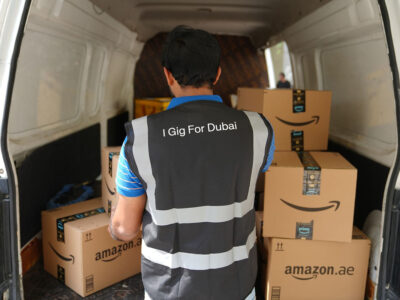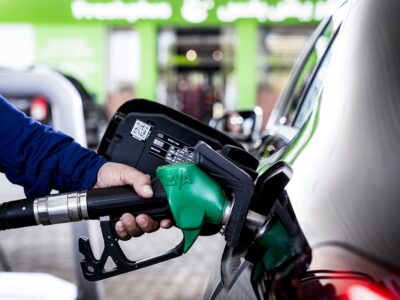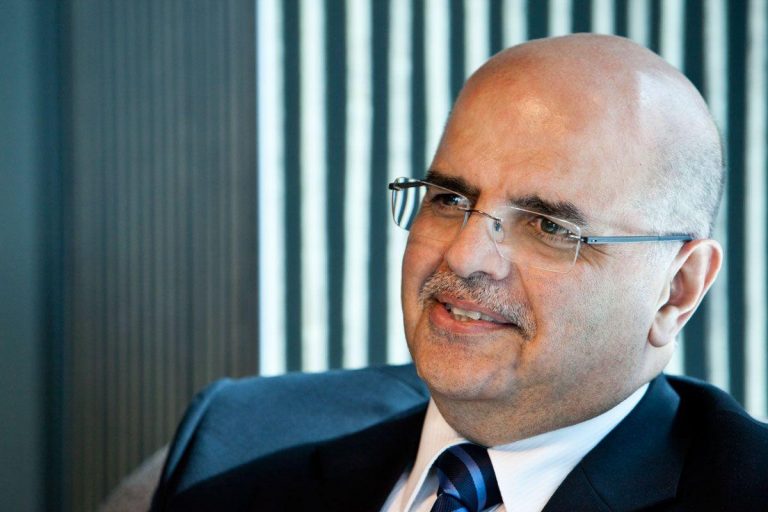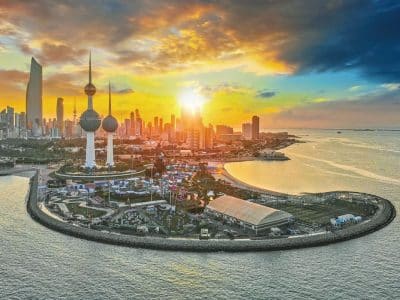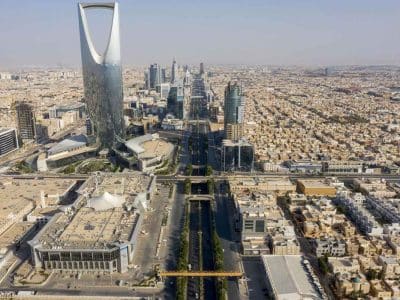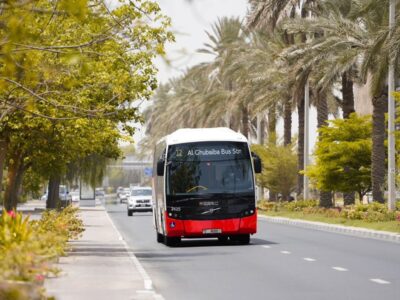On 8 December 1993, McDonald’s opened its first restaurant in Riyadh, Saudi Arabia. Today, two decades later, we have over 1,000 restaurants across the Middle East and Africa, serving nearly 2 million customers daily and more than 30 percent share of the region’s quick service restaurant sector. While there is no denying our footprint has grown extensively, the consumers that we serve our food have changed considerably. Twenty years ago, burgers and fries were enough to attract queues of customers to quick service restaurants such as McDonald’s. Today, with globalisation, the internet and the social network revolution, sophisticated consumers are demanding more. They want to know where their food is coming from, what is in it, how it is made, and the impact it has on the local environment. In short, they are demanding community-minded food companies.
As regional governments and their citizens face rising levels of lifestyle associated illnesses, the food and beverage industry must respond with a range of options and, crucially, with information about their products. Those who fail to respond to the changes will invariably fall behind. The role of the quick service restaurant sector is changing, and we can help educate our customers about how to make more informed food and lifestyle choices — an understanding of calories in and calories out.
In 2013, McDonald’s became the first quick service restaurant in the Middle East to publish nutritional information on our packaging. It’s a step we took as an industry leader, and one we encourage our competitors to adopt. We also offer an increased range of salads, fruit and healthy beverages and allow customers to tailor their orders to suit their personal health requirements.
Looking ahead, being community-minded and making a positive impact on the local environment will be key to the success of business. Making a demonstrable investment at a community level is an absolute must for brands and businesses that want to be here in the Middle East for the long term.
International franchises operating in the region can set industry-leading, pioneering standards to local businesses and local people. Ensuring local suppliers meet the highest global standards is part of that equation.
Take our bio-diesel project in the UAE for example. Since 2011 we have been recycling used 100 percent vegetable oil and converting it to bio-diesel through our cleantech partner, Neutral Fuels. The bio-diesel is used to power our fleet of vehicles. We are delighted that, soon afterwards, our supplier Del Monte also signed up for this initiative. We hope to see more in the industry — including our suppliers — adopting this and similar environmental practices in 2014.
Creating jobs and driving nationalisation programmes across the region, while a challenge, is going to be the game-changer that ensures continued success of businesses and safeguards the region’s future.
While unemployment levels are a key regional concern, the quick service restaurant industry has always been a fast-growing sector that offers a strong job platform. It is critical that these businesses don’t just create jobs but build careers; employment that fosters economic growth, develops talent, builds industry skills and creates real opportunities at every level.
In addition to stimulating employment — directly and indirectly — it is vitally important to contribute to the local community. Local suppliers can play a key role in the local economy and also in the success of a business.
McDonald’s works closely with its regional supplier network to ensure they are able to meet our standards as well as enhance their own systems, quality and consistency in the process. It is a win-win for both; it creates employment and opportunity right here in the region.
Over the years, McDonald’s has defined a new community-oriented business culture. We have focused on responding swiftly the shifting needs of the people, and on being responsible in everything we do. We pioneered and continue to promote local entrepreneurship by integrating three core strengths — our advanced know-how, a sharp community focus and the development of our people.
While we bring a global brand to the region, at the heart of our operations, we focus on promoting a dynamic local entrepreneurial chain in every country we operate. Being both responsive and responsible to the local communities is a potent formula for success. And that will continue to be road we take in 2014.
